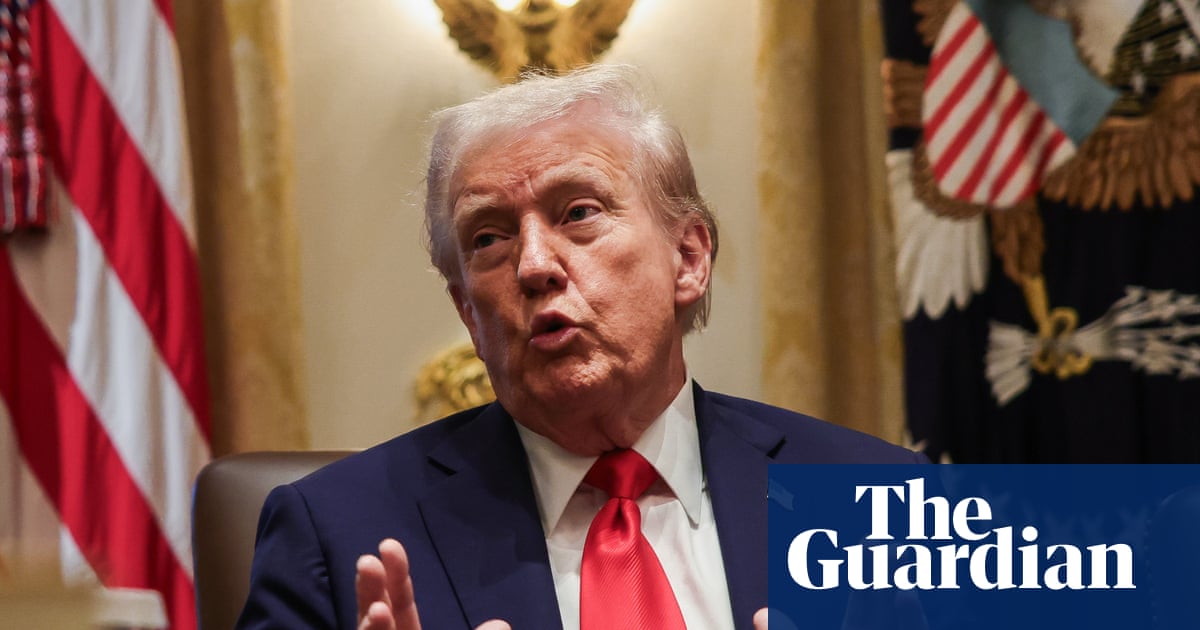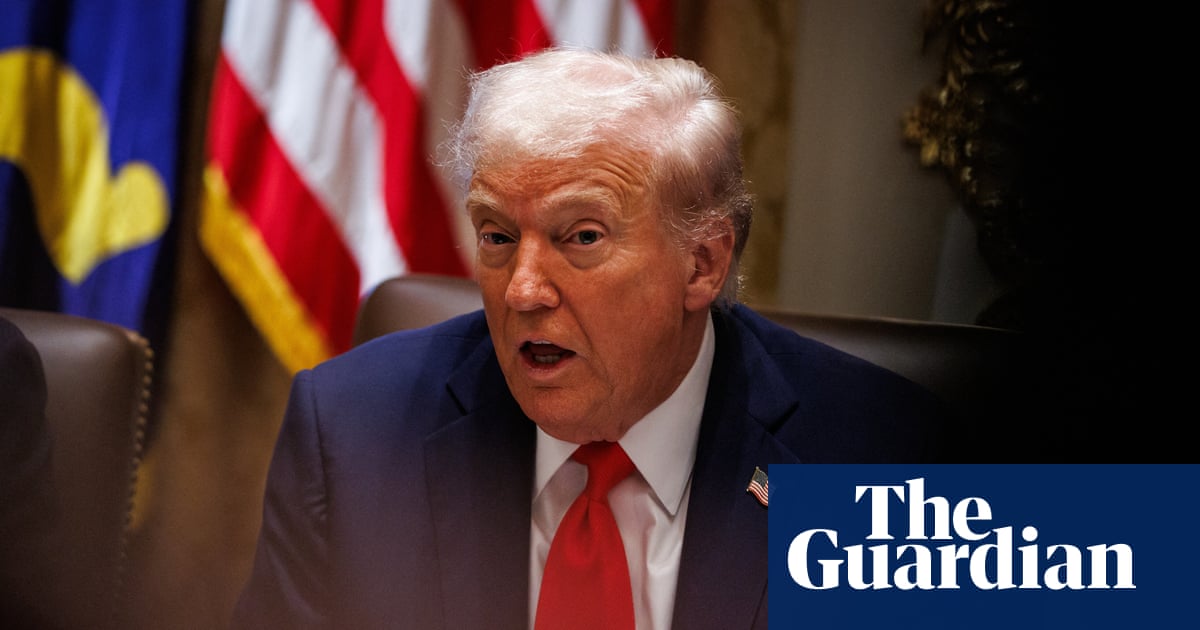An odd moment in a CNN interview with Stephen Miller, the White House deputy chief of staff, has been circulating on social media after Miller’s distinct pause when discussing the “plenary authority” of the president. A technical glitch – crossed wires from another broadcast in Miller’s earpiece – caused him to stop talking before completing his thought, CNN said.
But the term “plenary authority”, has been taken as subtext for the broader ambitions of the Trump administration to assert legally-unassailable power over the use of the military and other functions of government.
What is “plenary authority”?
The Legal Information Institute of Cornell’s law school defines “plenary authority” as: “power that is wide-ranging, broadly construed, and often limitless for all practical purposes”.
It is most often applied to legislative bodies, as when government chooses to levy a tax or expend revenue. Lawmakers do not need to refer to the courts or a higher federal power for authorization to act when they have plenary authority over a matter.
What was Stephen Miller referring to when discussing plenary authority?
Miller had just been asked a question about the president’s legal authority to deploy federalized national guard troops. Miller’s initial response was to cite Title 10 of the federal code, and then to assert that this gives the president plenary authority to direct those troops as he sees fit.
Title 10 is the general military law of the armed forces. While it does not use the term “plenary authority” or “plenary power”, the administration relies on its text to assert wide-ranging authority to use the military. The executive also relies on article II section two of the US constitution which states: “[t]he President shall be Commander in Chief of the Army and Navy of the United States, and of the Militia of the several States, when called into the actual Service of the United States.”
Does the president actually have plenary authority over the military?
Not really.
Jennifer Elsea published a primer with the Congressional Research Service on the current debate about the extent of the president’s power to use the military in December 2024.
The constitution reserves the power to declare war to Congress, and has constrained presidential authority over the military with laws like the War Powers Resolution of 1973, the Posse Comitatus Act, which restricts the use of the military to police civilians, the Insurrection Act, which establishes exceptions to Posse Comitatus, and the Uniform Code of Military Justice and – again – Tile 10 of the federal code, which widely constrains what the military is allowed to do, and what orders the president can issue lawfully.
The president does have plenary authority over the government’s conduct in foreign affairs, as delineated by the constitution and affirmed by supreme court decisions. Presidents have referred to this authority when explaining the use of the military in other countries.
For many, the term “plenary authority”, as applied to Trump, is synonymous with autocratic control and disregard for the constitution or court orders.
Trump asserted near-plenary authority in Newsom et al v Trump – the lawsuit by Gavin Newsom, California’s governor, that forced Trump to withdraw most national guard troops from the Los Angeles area. Trump’s assertion of plenary power was rejected by the court.
Eric McArthur, representing the federal government, asserted that Trump’s decision to federalize national guard troops to send to Portland is beyond review by a federal court. Citing Martin v Mott, in which the supreme court in 1827 ruled that deployment of the militia was at the discretion of the president alone. McArthur argued that deployment relies on preconditions of “rebellion” and that the president has “sole and exclusive judgement about whether the statutory preconditions have been met”.

 German (DE)
German (DE)  English (US)
English (US)  Spanish (ES)
Spanish (ES)  French (FR)
French (FR)  Hindi (IN)
Hindi (IN)  Italian (IT)
Italian (IT)  Russian (RU)
Russian (RU)  8 hours ago
8 hours ago
























Comments